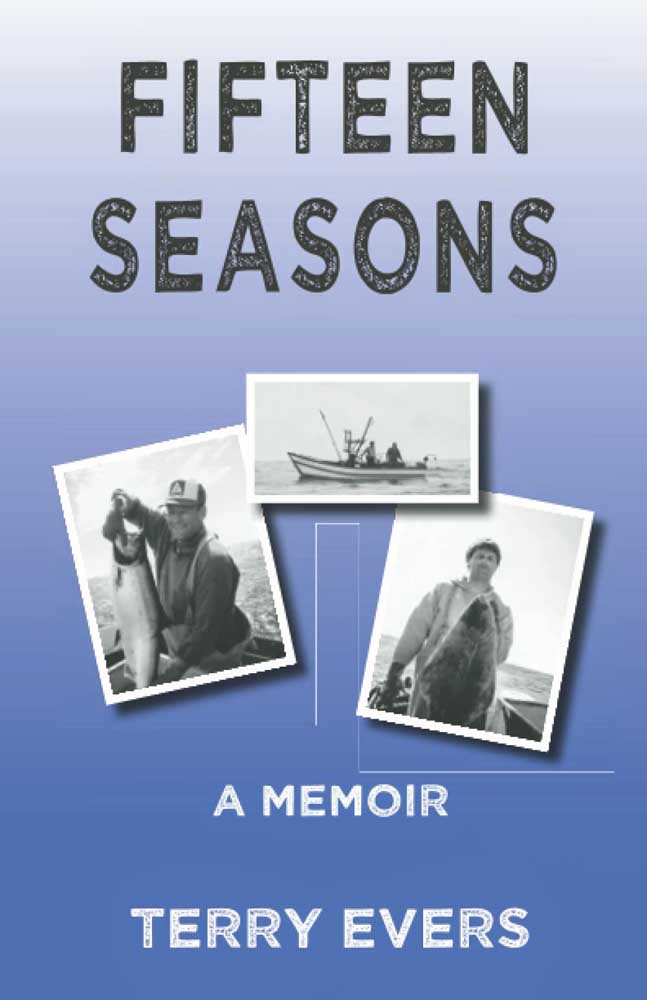Bookmonger: A father and son bond over fishing
Published 9:00 am Tuesday, September 19, 2023

- Salem author Terry Evers’ “Fifteen Seasons” narrates time the author spent fishing with his dad on a salmon dory out of Yaquina Bay.
Last week, this column focused on “Twenty Acres,” Sarah Neidhardt’s memoir about her childhood. This week we’ll take a look at “Fifteen Seasons,” a book by Salem-area writer Terry Evers that reflects on the 15 formative seasons he spent fishing with his dad on a salmon dory out of Yaquina Bay.
Trending
I considered combining these books in a review — they took place in the same time frame, beginning in the 1970s — and the photos of their bearded dads looked remarkably similar.
But Neidhardt’s story was about a family going back to the land and Evers’ memoir is about going down to the sea. The soundtrack Neidhardt recalled from her childhood involved insect buzz and folk music. The music to Evers’ ears is ocean slosh and hard rock. In the end, I realized that these books needed to be addressed separately.
“Fifteen Seasons” by Terry Evers
Trending
Dancing Moon Press — 280 pp — $16.95
Evers begins his tale with his dad’s passing. Almost to his dying day, Evers’ dad was full of fish stories. He had first taken his son out on the open ocean in a salmon dory when Terry was only 13.
For many summers thereafter, the father-son duo became increasingly adept at assessing weather and water conditions, handling gear and locating fish.
When there were fish to be located, that is. El Niño years took their toll on fish stocks — and over the years the Everses spent out on the water, they witnessed the diminishment of the fishing industry. At that time, climate change as we understand it today hadn’t yet become a well-known term, but recognition was already dawning about the perils of overfishing.
In addition to the thousands of fish the father and son themselves harvested over the years, they also amassed plenty of fishing tales. These range from the multiple “ones that got away,” to the rare trophy-winning specimens. The work was physically tough and gory. (And if the idea of fish guts already makes you squeamish, Evers’ story about opportunistic slime eels is even worse.)
In addition to Evers’ many accounts of fishing activity, he has some fishing-adjacent stories, too — and here he mixes the sublime with the ridiculous.
Out on the water, he shares some awe-inspiring, up-close encounters with whales, for example. But the life of fishermen back in port isn’t glamorous. Case in point: Evers tells of an old salt stripping down to his skivvies in the laundromat to jam the dirtiest duds possible into the washing machine, thus maximizing his investment of quarters.
Eventually, the younger Evers realizes that a career as a fisherman is not in the cards for him. He turns to teaching instead, but still keeps “his feet in the salt” by exploring some of those familiar saltwater shorelines by kayak.
“I discovered that all along my connection with the sea, salt, and sand wasn’t about the fishing as much as it was just about being there… ” As most reading this column already know, living on or near water offers valuable perspective.









